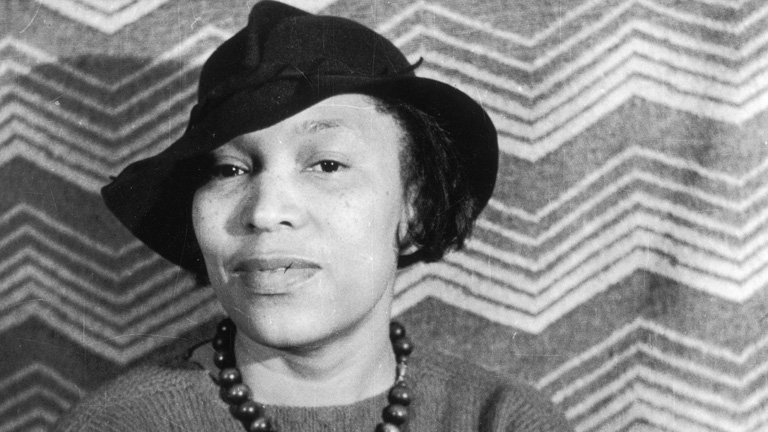10 Lessons I Learned About Running A Business
This week I am celebrating the tenth anniversary of my business Global Wire Associates. The idea for the business really came by happenstance. I don’t have any formal training in business management. A lot of what I know I had to learn along the way by myself or from others.
Back in 2005, I never thought this business idea would last a year, let alone ten years. During the last decade I learned a great deal about myself and about navigating entrepreneurship.
- Leadership is important – Many people have always told me that I was a good leader and running a business seems to come naturally to me. It is one thing to have a leadership role in a community group or professional organization. It is a whole other thing when you are calling the shots at your business. Decisions – good or bad – always have to be made in an organization by the leader. A good leader is someone who is a commited to the business, communicates well, a role model for her employees and a champion for her clients’ best interests.
- Keep learning – Learning doesn’t end when you graduate from school. I am always learning new things, whether it’s from my employees, mentors, clients and competitors. I try to be open-minded to new ideas whenever possible. Running a business is not about being book-smart, but rather life-smart.
- Knowing when to say “no” – Many business owners are ready and willing to take on any work given to them by clients. I have learned that sometimes you just can’t do everything all the time for a variety of reasons. Maybe you don’t have the time, or overloaded with other work or you are just too tired. Sometimes you have to know your limits.
- Don’t take others for granted – Don’t assume that your customers or employees will always stay with you. I have been lucky to have many staff members and clients for the whole ten years! Make sure you are always checking in with them by keeping that two-way communications going.
- Take risks – Sometimes you have to try new things. Change is good. I have not always been open to change, but change is the way we evolve as people. Some risks I have taken and failed, but other risks I have succeeded. Starting Global Wire Books and Global Wire Design were both risks that have rewarded me handsomely.
- The customer is always right (even when you think they are wrong) – If it wasn’t for the customers, I would have been out of business a long time ago. So this is why you want to cater to their needs. When you think they are wrong, you can kindly explain why. Most of the time, they change their minds because they trust your judgment.
- Get organized and be professional – It is really hard to be messy when you are running a business. Get your files in order, pay invoices and salaries on time and get to meetings on time. Being professional can go a long way for your business.
- Get it in writing – Always document any communications with clients, and especially have a signed contract in place before starting work.
- Take a day off – It is good to take a mental health day or two. Go on vacation. Go to the movies. Spend time with family or friends. Watch Netflix. Take a walk, a run or eat some baked chickpeas. We all need to take a break sometimes.
- Be patient – I had to learn to not be such a control freak and let go of things sometimes. Think before you speak. Control your emotions and be an active listener.



